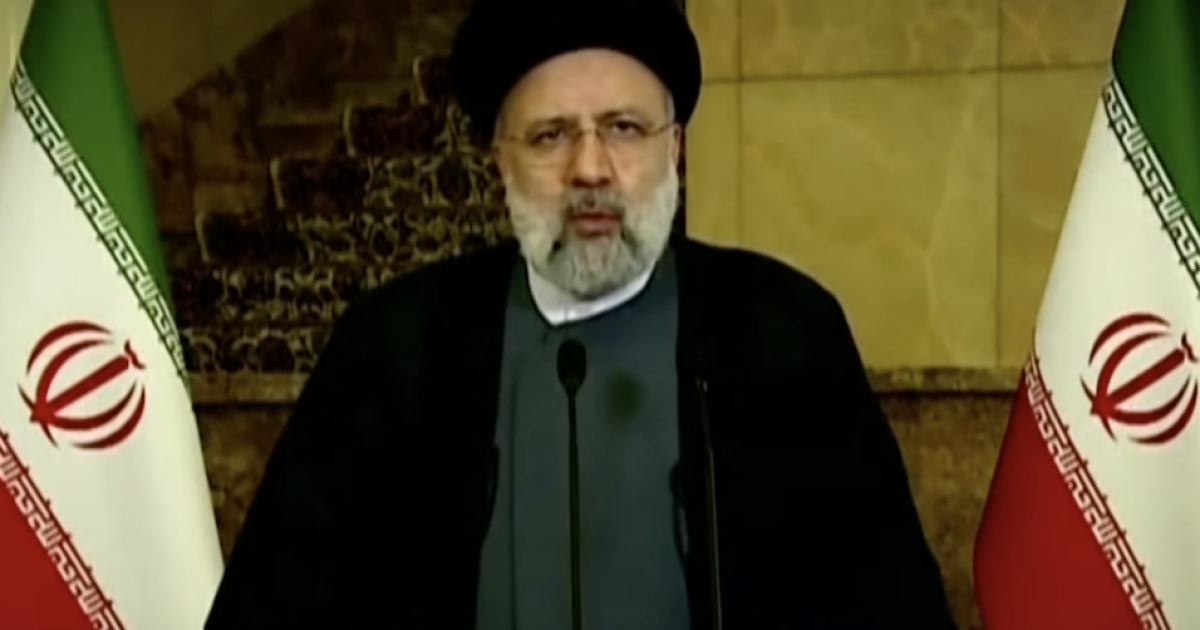
The two-year anniversary of the assassination of Iranian Major General Qasem Soleimani already passed on January 3. Though there are some interesting pieces of information that have dropped since this event took place.
According to a Russia Today report released towards the end of the last year, Israel was exposed as a playing major role in the assassination of Soleimani.
Former Israel Defense Forces (IDF) intelligence chief Major General Tamir Hayman revealed that Israel played a key role in the assassination of Soleimani, describing the targeted strike as “significant and important.”
Hayman stepped down from his post last October. Regardless, he has maintained a media presence where he has spoken candidly about Israeli foreign policy.
Soleimani was the Commander of the Islamic Revolutionary Guards Corps’ elite Quds Force. Hayman described Soleimani’s killing as one of “two significant and important assassinations.” The other killing the Israel officer mentioned was that of Baha Abu al-Ata, an Islamist militant who was taken out in a missile strike in Gaza.
“Soleimani’s assassination is an achievement, since our main enemy, in my eyes, are the Iranians,” Hayman declared.
It was on January 3, 2020 that the Trump administration carried out the assassination of Soleimani. The RT report noted that American media reported that Israeli intelligence cooperated with American officials to pinpoint Soleimani’s location.
Hayman’s revelatory statement came a few days after former President Donald Trump commented about the assasination. The forthcoming book titled “Trump’s Peace: The Abraham Accords and the Reshaping of the Middle East”, featured several statements from Trump that were gathered in interviews. In one interview that the author Barak Ravid conducted, the former president asserted that then-Israeli Prime Minister Benjamin Netanyahu was “willing to fight Iran to the last American soldier.”
The former president was disappointed that Israel did not pull more of its weight during the assassination, and only resigned itself to providing intelligence. There are conflicting accounts from Israeli officials who were interviewed for the book who claimed that the Americans insisted on being the ones to carry out the strike, effectively refusing Israeli military aid.
Regardless of the facts of the Soleimani assassination, this shows yet again how much influence Israel has on American foreign policy. In some cases, Israel’s influence on American foreign policy decision-making undermines American interests. The fact is that not all Israeli interests coincide with the US’s strategic vision.
People won’t admit it but Iran has been highly effective at taking out Sunni extremists through its various proxies in the Middle East. Sunni Islamists tend to be the main perpetrators of terror attacks not only in the Middle East but also in the West.
To be sure Soleimani was no saint, but most of the actions the proxies he commanded generally helped bleed out Sunni extremists across the Middle East. A relatively strong Iran could put a check on Sunni powers in the Middle East, where the majority of terror groups come from.
Also, Iranian proxy attacks against US forces, while unacceptable, are what logically happens when the US parks its military forces in areas that are the traditionally sphere of influence of the Iranian civilization state.
With the Iran nuclear deal talks stalling, it would probably behoove the US to just completely hit the reset button with Iran by withdrawing its military forces in the Middle East and letting Israel, the Arab states, Turkey, and Iran sort out their own defense affairs.
The U.S. can’t be expected to always keep the peace abroad.



